BIG achievements always promote moments of reflection. Ralph Beckett did exactly that as he waited for Westover to return to the winner’s enclosure at the Curragh last month, just after he’d spread-eagled an Irish Derby field by seven lengths.
Beckett thought back to his time in Ireland as a 21-year-old, when he spent two and a half years with Arthur Moore, the invaluable experience he gained in what really was an extensive undergrad served, working for trainers all over the world. He spent time in his homeland, America and Australia, but no stint longer than with Moore. So, to come back and win Ireland’s premier classic just up the road was special in that respect.
It was 30 years since he’d been at Moore’s and needless to say, a lot of water has gone under the bridge since.
Having taken over from Peter Walwyn at Windsor House in Lambourn, with whom he spent four years before his retirement, Beckett has since moved yards twice - to Whitsbury Manor, where he replaced David Elsworth, and to his current home of Kimpton Down, which he bought from the legendary Toby Balding. Despite those upheavals, his progress has never faltered, with his ascent to training 1,000 winners in 2019 accelerating over the last decade. He is now coming up to 1,200 winners and hit his best ever tally of 104 winners as recently as 2020.
Off the track, Beckett has made similarly significant progress as a leader and representative of his profession. Having held the position as chairman of the Flat Committee in the National Trainers Federation (NTF), he became president of the organisation in its entirety in February.
Testing
His positions at the helm of the NTF have come through truly testing times for British racing. Prize money levels have forced some of the country’s brightest training talents to relocate or give up altogether, while some of the richest owners domestically and internationally have done likewise with their stock, which in many cases Ireland has been the beneficiary.
Attendances at race meetings are at worryingly low levels, an incoming gambling review from the British Government threatens to provide another sizeable risk to the funding of the sport, all while the varying implications of Brexit and the Covid-19 pandemic continue to affect the industry.
An hour spent on the phone with Beckett on Tuesday afternoon gave a unique insight to the trainer and the leader of trainers in Britain, who seemingly are having to fight hard for plain survival in an industry that is anything but singing off the same hymn sheet.
But first we talk horses. Westover and Prosperous Voyage have emerged from the Beckett pack as Group 1-winning three-year-olds, with the significant promise of more to come, particularly in the case of the former.
“You’re always hopeful in this game, but I’m not sure I expected either of them to reach the heights they have,” Beckett says. “Perhaps less so Westover, we hoped from when he first started work last year that he’d turn into a horse of this quality, but so few do. It’s been great that he has.
“We’re obviously looking at the King George for him next week but that will be pending a conversation with the owners on Monday. But it looks like the right race for him. We were patient with him last year. I think a large part of why he ran so well at Epsom was down to that, that he was able to deal with the traffic he encountered, which was largely down to circumstance given his draw.
“I felt on the day that he would have bustled up the winner (Desert Crown). I don’t think he would have won, but it’s difficult to say that isn’t it? It’s subjective, it’s an opinion. There are plenty who are keen to tell me he would have gone close.
“In many ways, that’s academic because what might have been has gone now. As far as next week is concerned, presuming the family and everybody is in agreement that he’ll run next Saturday, my view is that it’s the right race for the horse and if he wins, then that’s brilliant, but essentially, it’s the right race for the horse.”
Great day
Westover’s Irish Derby win was a great day for Beckett, who had come so close winning an Irish classic in just his sixth season training when Penkenna Princess was only a short-head away from the Frances Crowley-trained Saoire in the Irish 1000 Guineas 17 years ago.
He can’t recall exactly how he got linked to Arthur Moore, but suggests it was probably through the current jumps trainer Matt Sheppard who was working with the Kildare trainer moving back to England, resulting in a straight swap.
“I’d done a couple of years with Jimmy Fitzgerald and Arthur’s place had a similar environment because at least half of Jimmy’s staff were Irish,” Beckett recalls. “Jimmy was tough on all of us, as you might have read before, and Arthur’s was a very different environment. I remember Matt Sheppard saying to me as I arrived, ‘you’re the new mind reader around here.’
“Arthur has a great way of dealing with horses but you’re always expected to think for yourself, so you learn quickly, in my case not quickly enough! I suppose if you’ve got a problem with a horse or you can’t work something out, you try to think about what somebody like Arthur would do in that situation. I always found that useful.
“And I suppose the thing that all of us who worked for Arthur learned most of all was patience. He is a very, very patient man and isn’t that the most important part of being a trainer?
“You have to be good at admitting you’re wrong as a trainer, because you get it wrong a lot of the time. I often say it to my children or wife, I’m wrong every single day about something and that’s just the nature of it and you’ve got to just accept that, and do your best to right it.
“That’s not easy. You have to have a thick skin, that’s for sure, and you have to accept that it’s going to go wrong a lot of the time, and be prepared for that. You’ve got to want to do it more than anything else. That’s the long and short of it, I wanted to be a trainer more than anything else.”
That has been the case for Beckett since he was 10. In a relentlessly unsparing profession, he clearly possesses the attitude that coordinates with success, having sent out nine Group 1 winners now, four of them in classics.
Off the track, he has been able to direct his conviction towards a desire to improve the environment for his colleagues, despite often irking other industry stakeholders, not least in 2020 when he advocated for the resignation of the then outgoing BHA chief executive Nick Rust for what he believed was a flawed attitude towards the resumption of racing following the Covid-19 pandemic led stoppage.
He has huge concerns for the direction in which the British racing industry is going. Unlike in Ireland, where the majority of business is done under the umbrella of Horse Racing Ireland and the Irish Horseracing Regulatory Board, the governance of British racing isn’t as strongly tied together.
Structure
A tripartite government structure, made up of the BHA, the racecourses and the Thoroughbred Group (involves trainers, jockeys, owners, stable staff and breeders) came in to place in 2015 but the main problems have persisted, with prize-money levels front and centre as a core issue for the industry, which Beckett says is primarily down to racecourses’ unwillingness to share, with the long term in mind.
Prior to the news that not a single runner had been declared for today’s final race on a high-profile card at Newbury, Beckett said in this interview that it was a matter of time before another boycott of racing came because of prize money, and that when it happened, there would be little build up, and it would be quick considering field sizes are already so small. He was fairly on the money.
“The biggest problem we have is that we have no idea how much the racecourses are being paid in media rights,” he asserted. “They can’t or won’t come up with a figure when asked so it’s all smoke and mirrors.
“Until the racecourses agree to tell us exactly what they get from the bookmakers in media rights, and agree that 50% of that should go into prize money, which let’s face it, is not an unfair thing to expect given racecourses are essentially cinemas, then we’ll continue to have big problems.
“Racecourses are not providing anything bar a venue. The idea, as one BHA board member said to me, that racecourses are half the business is an insult to the rest of us. They’re not even close to half the business in this country. They’re cinemas and they’re not even doing a good job of that. In fact, I’d say they’re doing a particularly poor job. It’s all very well saying attendances are down now, but they were also down five years in a row pre Covid.
“The racecourses business model basically was to have concerts with race meetings attached - well that’s worked really well, hasn’t it? All you’ve done is infuriate the core racegoer to the extent that they just don’t go anymore.”
Worryingly for the sport, Beckett, and plenty others it would seem, believes the only solution to tackling the issue is a boycott of racing and he points to the action he organised with some 500 trainers to take against Arena Racing Company (ARC) racecourses in February 2019 as an example of how effective such measures can be.
“If it wasn’t for that, the ARC racecourses would have slashed prize money, and I’m certain Jockey Club racecourses were going to follow them in,” Beckett says. “That all came about because from the FOBT machines decision (Government introduced new £2 limit on fixed odds betting terminals in bookmaker shops) where the racecourses were worried their media rights money would take a hit.”
Whip
It’s a good time to talk to Beckett this week. Just before this interview, the BHA’s Whip Consultation Steering Group published its 20 recommendations for changes to the whip rules. Already approved by the BHA’s board, the rules which include a stipulation that riders can only use the whip in the backhand position and a sanction of disqualification should riders go four times above the current threshold of whip use in races, will come into effect this autumn.
“I’m glad that the number of strokes hasn’t changed and I think we can be thankful to the horsemen on the panel for that,” Beckett reflects. “The backhand thing, it’s all about optics, isn’t it? This isn’t about welfare. I would suggest that the sport is far too concerned with the opinion of people who have no interest in the sport and no interest in whether it thrives or not.
“Personally, I don’t think the general public either cares or has a clue about what is good or bad for racing. I think we say it all too often, the sport needs to stand up for itself. That’s a general view, but that ties in with the whip.
“What I would say is that this better be the last time we visit the whip rules in my career. I will be extremely disappointed if in 10, 15 or 20 years’ time they decide to take a look at it again.
“This whole thing was put forward by executives at the top of the BHA and the Jockey Club who decided this was the best thing for the sport. Neither of those executives, Nick Rust and Simon Bazalgette are involved in the sport any longer. Both said in their closing interviews that they thought the whip should go.
“This is the problem we have, and again this is a wider point, the sport in this country is being run by people who’ve moved on, or who move on. The executives in charge of the sport now will be doing something else in five year’s time. That’s the bit that gets me.”
Bloated
You can understand the frustration. The BHA seem ever willing to address perception concerns about the whip but much less inclined to tackle racecourses on prize money and a bloated fixture list. Just last month a proposal to cut 300 races from the schedule in 2023 was rejected by chief executives in the BHA and Racecourse Association, providing a telling sign of where the industry is at.
“Racecourses here are obstructive,” Beckett says. “Just after racing resumed after Covid, we proposed extra stall handlers for races with 12 runners or more. The BHA were going to pay for it but the racecourses blocked it because they were worried it set a precedent that might cost them money. That’s what we’re dealing with.
“Racecourses were getting at least £10,000 a race three years ago. We think it is more now, which is why the BHA rejecting their own proposal to cut 300 races from the fixture list next year was just appalling in my view. The reality is that we’ve got people at the top of the BHA in thrall to the racecourses.
“We’re in real trouble. The bigger trainers are getting bigger, it’s always been tough for the smaller trainers, but the people in the middle, there’s fewer and fewer of them and that’s really unhealthy in my opinion. I can see a time when it will only take seven or eight people to say, we’re not going to show up anymore. I can see that happening, and the effect of that will be long lasting.”
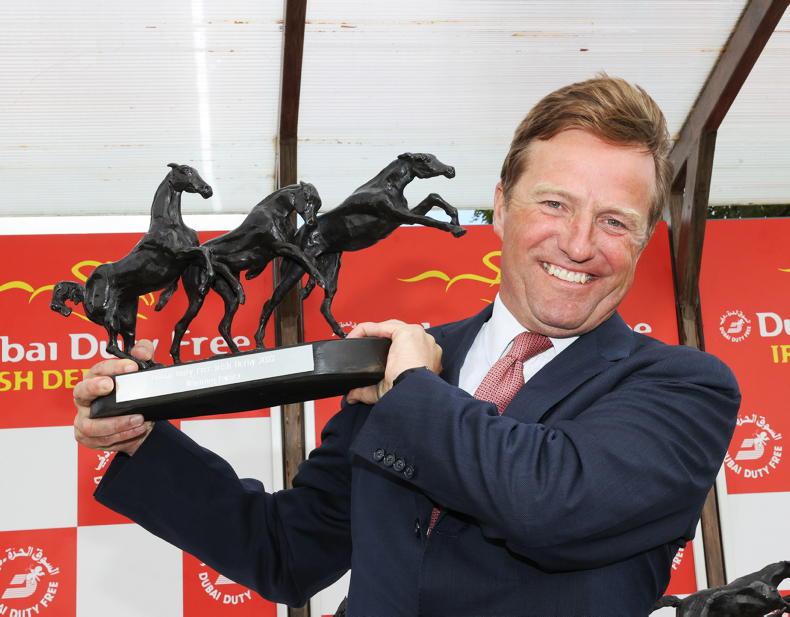

 This is a subscriber-only article
This is a subscriber-only article
 It looks like you're browsing in private mode
It looks like you're browsing in private mode




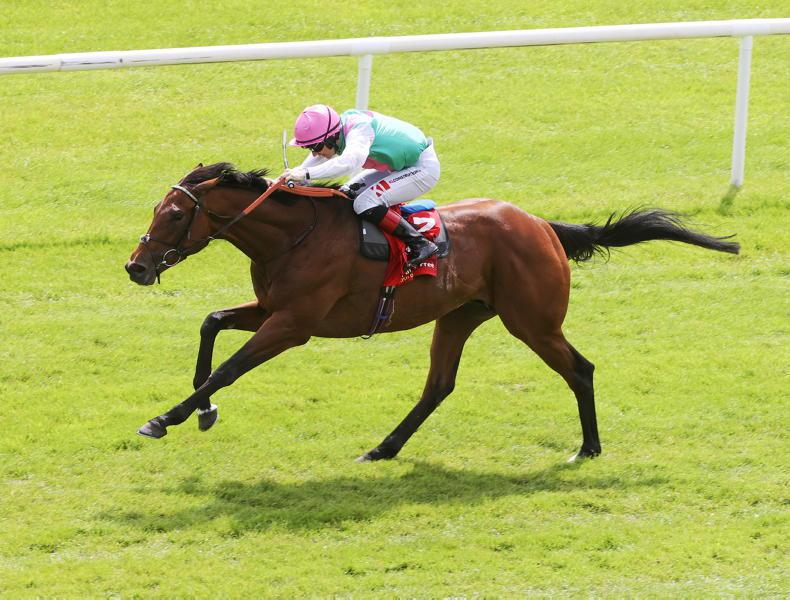
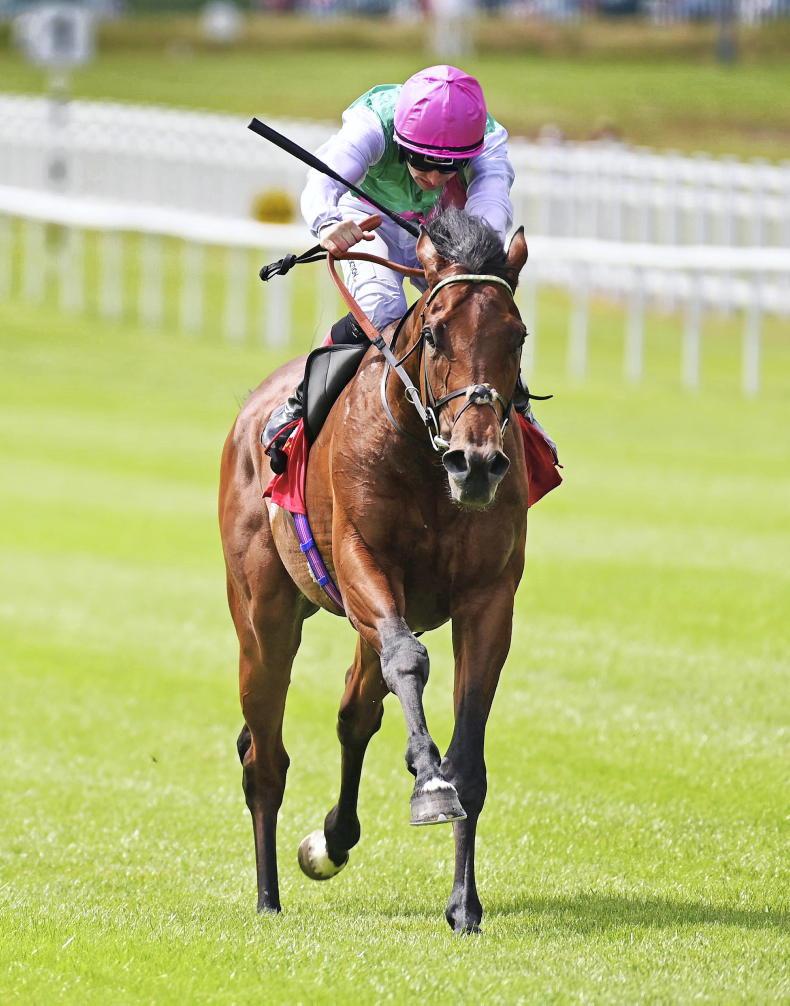
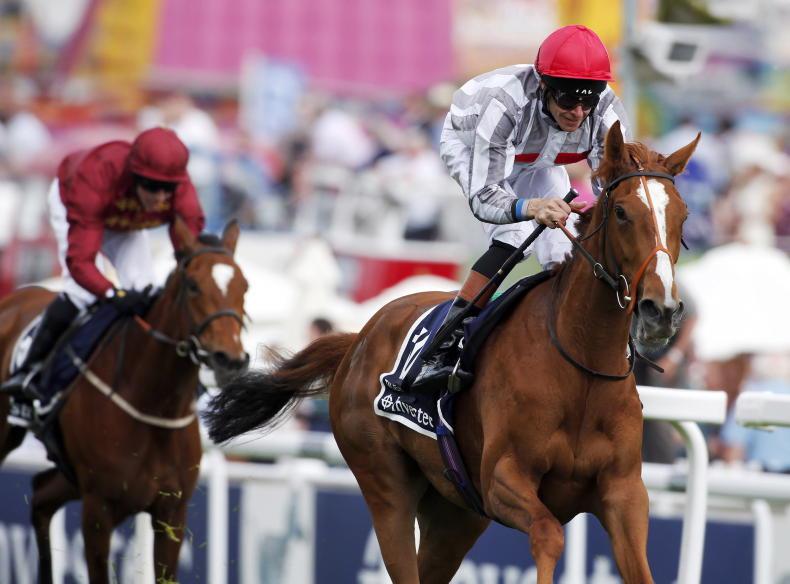
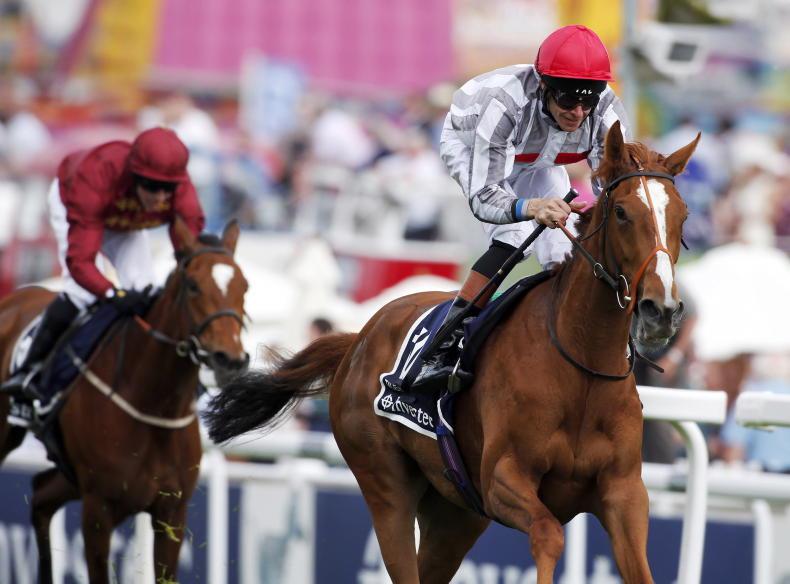

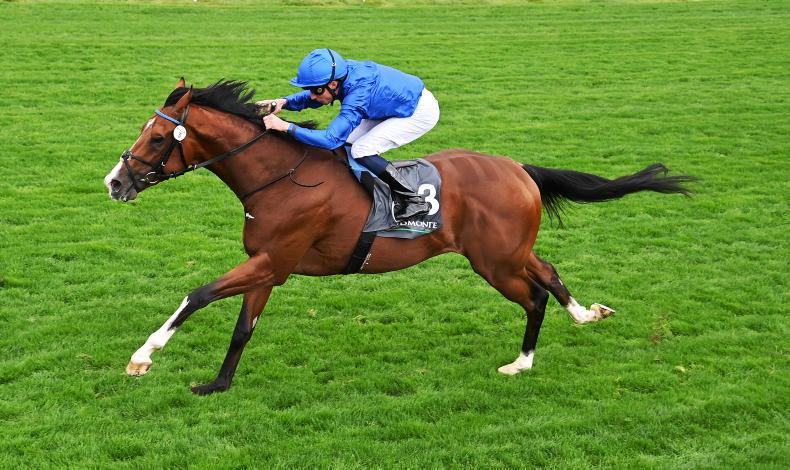

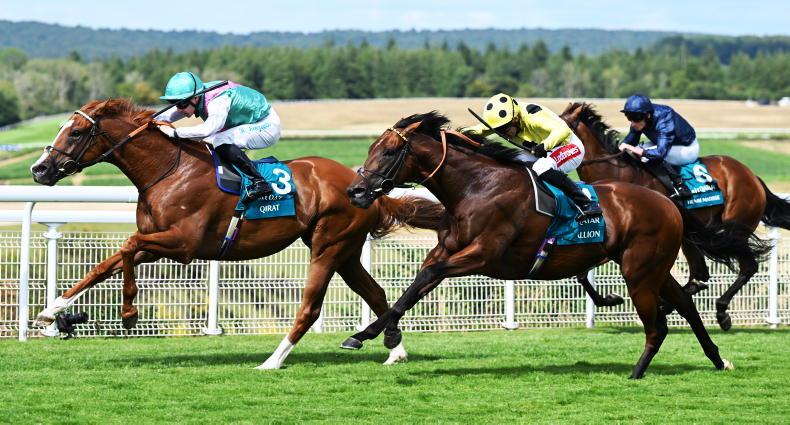
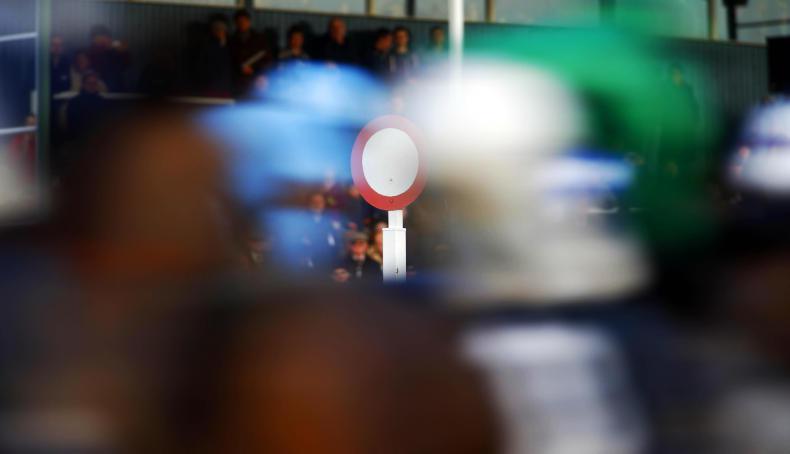

SHARING OPTIONS: